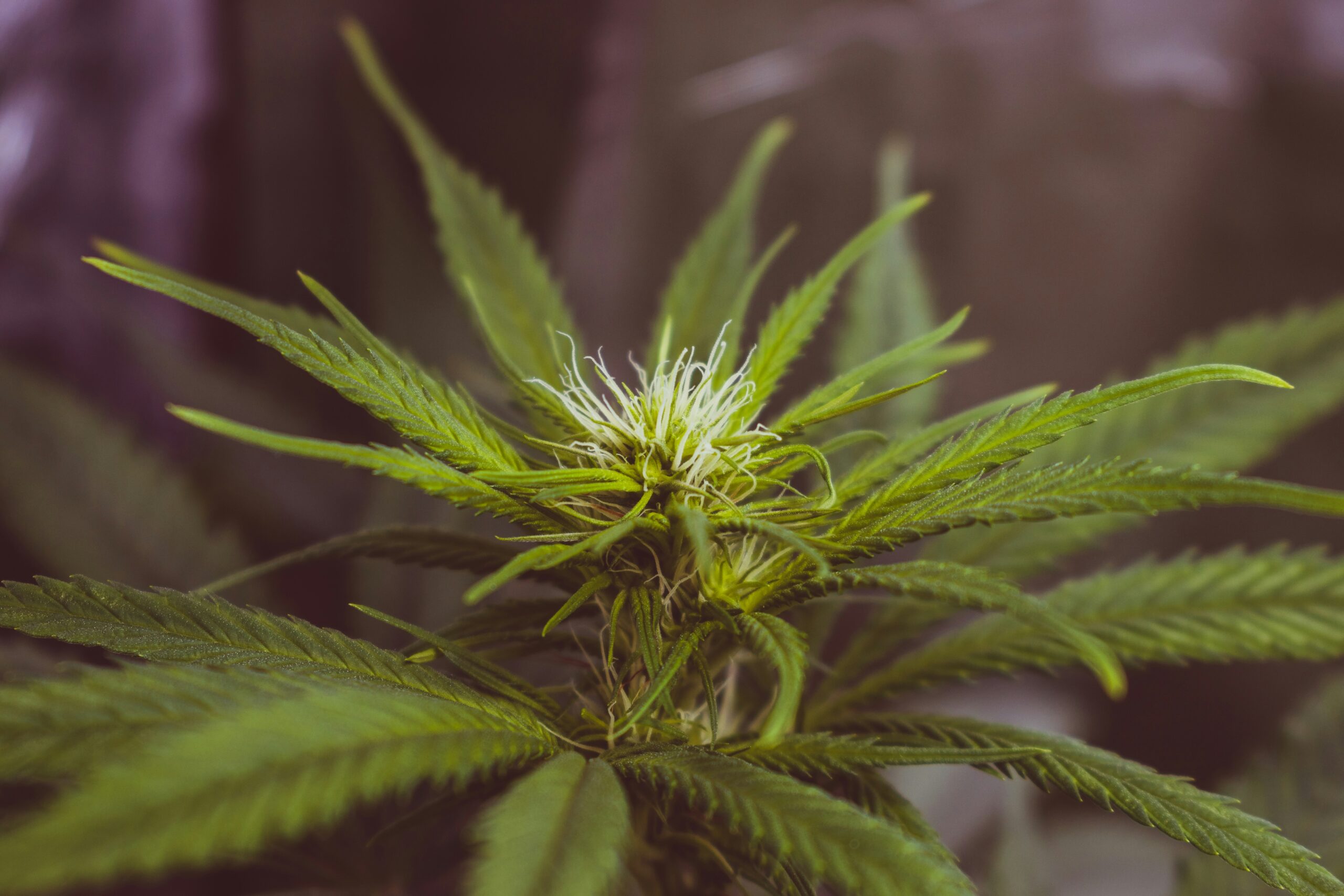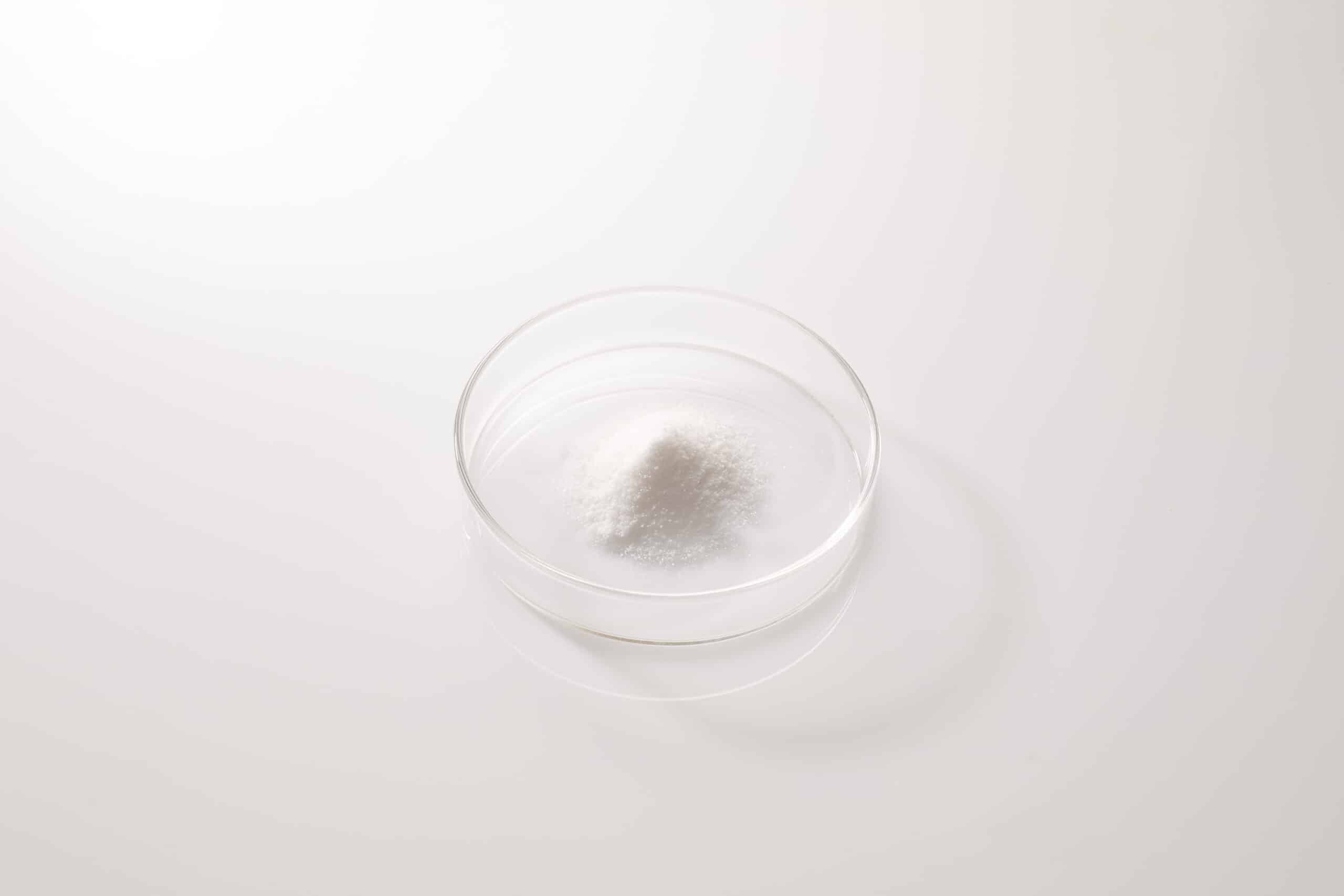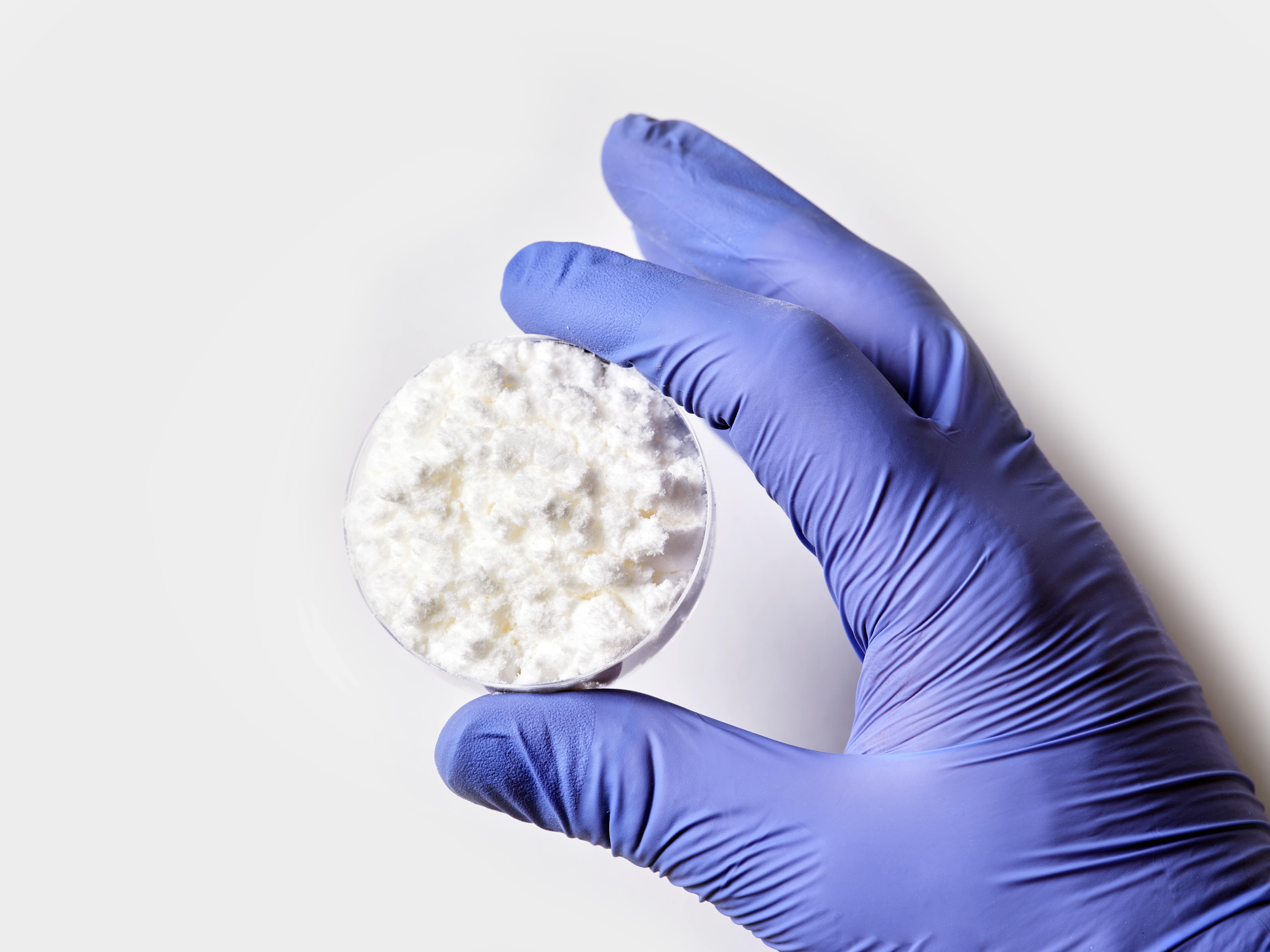Just a few years ago, nobody would have expected that Japan would be on the cusp of becoming one of the largest hemp markets outside North America and Europe. Now, though, the Japanese market has undeniably opened to CBD, leading analysts to predict a national market size exceeding ¥80 billion, the equivalent of around $600 million.
How did the Japanese CBD market turn around so suddenly, and what does it all mean for investors both at home and abroad? Discover the key takeaways from a recent Yano Research report, and learn our thoughts regarding ideal positioning within the quickly evolving Japanese CBD market.
The Yano Research Institute Report on the Japanese CBD Industry
In August of 2022, Yano Research Institute, one of Japan’s leading market research firms, released a compendious report¹ detailing their findings on the size of the Japanese CBD market. In 2019, Yano reports — the first year CBD entered the Japanese market — the domestic hemp industry was worth a paltry ¥4.7 billion, swelling to nearly ¥10 billion the following year.
Now, in 2023, Yano forecasts the Japanese CBD industry to swell to more than ¥47 billion — exactly ten times its entry size four years prior. How did such massive growth occur during such a short span of time? Yano provides a few key factors to consider:
– CBD has been prevalent in Japanese media since 2019
– COVID led to increased interest in natural health
– CBD is presented as a relaxing remedy
– The Japanese government is becoming more pro-CBD
– More Japanese CBD products are being made in Japan, stoking national pride
“Made in Japan” CBD
The evolving Japanese CBD industry increasingly emphasizes CBD products that are at least partially manufactured in Japan. During the early days of the Japanese CBD industry, many consumers were reticent to try the cannabinoid since it was almost always provided in the form of imported products.
Many Japanese CBD brands import partially processed ingredients to create finished products domestically. Japan’s white-label CBD industry supports local production and international suppliers while assuring consumers of product quality. Producing CBD products domestically helps regulators ensure quality, including the absence of detectable THC.
Just as it is changing everywhere else around the world, though, the Japanese stance toward THC is shifting. If upcoming legislative efforts are successful, it is likely that importers will soon have a much easier time getting raw hemp materials through Japanese customs.
A more-welcoming island
The Yano report goes on to comment on the development of a CBD-friendly culture throughout the Japanese island. Traditionally very conservative, the anti-drug Japanese populace has recently softened toward CBD to some degree, as is reflected by ongoing legislative efforts to normalize CBD commerce within Japan.
Yano predicts that CBD products will soon be widespread in Japanese chain convenience stores like 7-Eleven and possibly in Japanese Costcos. This increased acceptance of CBD is largely driven by major name brands adopting these products and leveraging the trust they’ve already built with Japanese shoppers.
Japanese consumers’ mistrust of anything related to cannabis remains a significant obstacle. Possessing even a small amount of THC cannabis is a serious felony, making citizens fearful that using CBD might associate them with unsavory social activities.
The best way that brands can overcome this reticence is to continually point out how CBD is different from THC from both the perspective of effects and legality. Unlike the United States, in which THC is legal in many places, this intoxicating cannabinoid remains fully illegal everywhere in Japan, something that brands catering to Japanese audiences must always keep in mind.
An aging empire
Not mentioned explicitly in the Yano report but highly relevant is the shifting demographic makeup of the Japanese islands. With elderly Japanese making up a staggering portion of the population², issues regarding aging will continue to carry ever-greater importance within the social fabric of Japan.
In the United States, CBD is highly popular among those with age-related conditions like rheumatoid and osteoarthritis, despite lacking federal endorsement.
Now that CBD is becoming accepted throughout Japan for purposes of relaxation, it’s only a matter of time until the nation’s aging population begins to embrace the non-intoxicating cannabinoid for its age-related purposes as well. In the coming years, Japan will offer valuable insights into how elderly individuals adapt to CBD in a culturally distinct, homogeneous society.
A massive demand for CBD
While Japan’s regulatory moves regarding CBD are also promising, the main driver for growth that Yano identifies in its report is simply demand for CBD products. The Japanese people fully support CBD, focusing only on whether the products are made in Japan and free of THC traces.
As long as suppliers meet these needs by offering raw materials for broad-spectrum or isolate CBD production to competent Japanese finished product manufacturers, demand for CBD in Japan should grow at least as much as Yano predicts — if not even more.
Yano’s key predictions
To summarize, what exactly does the Yano report predict?
– 2022 projected Japanese CBD sales: ¥25,936b ($196.62m)
– 2023 projected Japanese CBD sales: ¥47,667 ($361.36m)
– 2025 projected Japanese CBD sales: ¥82,979 ($629.30m)
In contrast, the US CBD market was valued at $8 billion in 2022 and is projected to reach $20 billion by 2025. Even though CBD’s original market will always be much bigger, a market in East Asia making up around 5% of the US CBD industry’s size is nothing to scoff at.
And again, the key drivers for the Japanese CBD market’s growth that Yano identifies are:
– Increased prevalence of CBD in Japanese culture
– Relaxing regulations
– Made in Japan CBD products
– Products made by major domestic brands
Overall, Yano comes across as extremely optimistic for the future of the Japanese CBD industry without making any predictions that sound particularly far-fetched. It’s not unreasonable to assume that Japan will be on its way to a $1 billion CBD market within the next few years — and there are plenty of other international locales that are opening up to CBD alongside the Empire of the Sun.
Discussion
The key question is whether optimism about the Japanese CBD industry is justified. A few years ago, this question lacked a clear answer.
Now, though, the situation has objectively changed. Instead of coming down hard against CBD as some skeptics predicted, the Japanese government has instead moved to embrace the cannabinoid as long as it is rid of any association with illegal drugs. The Japanese people, for their part, have shown an even greater demand for CBD than anyone initially predicted, resulting in growth projections that may, at first glance, seem fantastical.
CBD’s power to potentially heal is clearly a trending topic in Japan, though, and it now seems that the last vestiges of any legitimate impediment to the establishment of a highly productive Japanese CBD industry are rapidly washing away.
The bottom line: Is the Japanese CBD market worth investing into?
Abstract prognostications aside, what is the overall likelihood of success for an average international entrepreneur currently attempting to enter the Japanese CBD market? For one thing, we believe your chances of success will be much higher as long as you follow these simple tips:
1. Japanese shoppers have unequivocally demonstrated that they prefer to buy their CBD products from Japanese brands. Position yourself as a supplier of raw or partially processed ingredients, not the face that will be selling products to average Japanese people.
2. Do not underestimate the seriousness of Japanese distrust of THC. Products entering the Japanese market must be entirely THC-free, emphasizing partially processed extracts with THC already removed.
3. Despite facing heavy consumer demand, most Japanese CBD brands are inexperienced in formulating and marketing products. Behind the scenes assistance can and should be offered in a courteous and respectful approach..
4. Japanese brands want to succeed, and they are enthusiastic about CBD. Assist them effectively in their journey to success, and your efforts will be rewarded handsomely.
Overall, there has never been a better time to become involved in the Japanese CBD market in some way. Tread carefully, and always look to the behavior of the Japanese CBD market itself for guidance.
Sources
- 1. CBD Product Market in Japan Grew to 18,541 Million Yen in 2021, 185.9% of Previous Year | Yano Research Market solution provider. (n.d.). https://www.yanoresearch.com/en/press-release/show/press_id/3013
- 2. Author, N. (2022, September 19). Over 75s make up over 15% of Japan’s population for first time. The Japan Times. https://www.japantimes.co.jp/news/2022/09/19/national/japans-graying-population/







